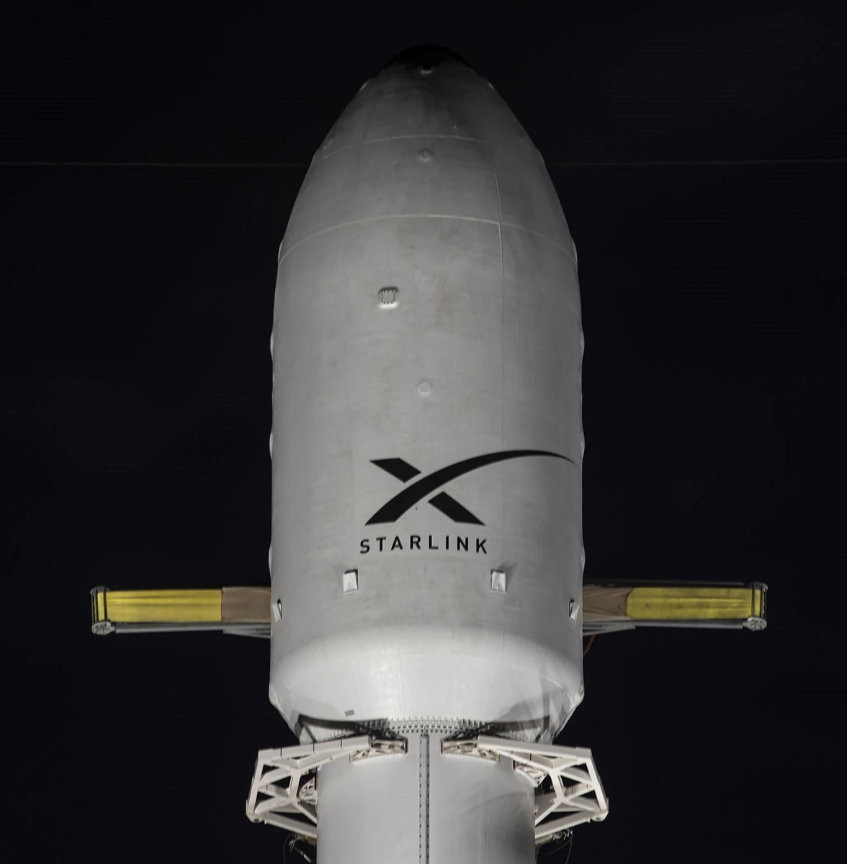
A submission from a landowner who objected to the establishment of a rocket launch site in the Sutherland (Scotland) Highlands & Islands failed and permission has now been given for the site’s spaceport development to go ahead.
Scotland’s Court of Session in Edinburgh, in a judicial review, denied the application by billionaire landowner (and Scotland’s largest landowner) Anders Holch Povlsen to halt the development on environmental grounds and that the relevant local authority had not followed the correct procedures in considering the impact the spaceport could have.
The court said that Povlsen’s action failed with the judge in the case, that being Lord Doherty, who said, “I am not persuaded that the respondent did not apply the correct test. In my opinion there is nothing in the appropriate assessment which suggests the existence of any such error, and there is nothing in the report of handling which causes me to conclude that the report led the respondent into any such error.”
A spokesman for Highlands & Islands Enterprise welcomed the decision, commenting, “Naturally, we are delighted with this outcome, which brings the prospect of small satellites being launched from Scotland in the near future a step closer to reality. Space Hub Sutherland is a significant project that will provide high quality local jobs and create vital infrastructure to support the growth of the UK space sector in Scotland.”
Chris Larmour, CEO of Orbex, the Scottish rocket company that will be launching from the site, said, “This is extremely positive news for a wide variety of communities and businesses and paves the way for the Pathfinder launch of small satellites from Sutherland Spaceport in Scotland. We’re especially pleased for the crofters of the Melness Crofters Estate, who will be able to protect and develop their community with modern jobs. Sutherland is still the only UK spaceport with planning permission and now, with this ruling, the countdown to space launch from the UK can begin.”
In additional news, Steve Collar, SES’s CEO in an interview with Bloomberg on the topic of satellite industry merger activity, admitted that he was sure that “everyone’s talking to everyone.”

Collar added that’s because Space is “essentially a fixed-cost industry, so the scale that’s generated from consolidation can be important, financially. And obviously we’ve also seen some disruptors coming into the industry. That can also be a catalyst.”
Bloomberg also quoted recent comments from Mark Dankberg, Chairman of California-based Viasat which has a fast-growing interest in broadband-by-satellite, agreed that there is discussion in the industry about merger activity. “One of the reasons for consolidation would be to try to divert more capital funding from broadcast into broadband.”

Elon Musk’s Starlink is at an advanced stage of deploying its mega-constellation and is now talking about using its huge Starship to launch as many as 400 satellites at a time.

However, there are plenty of potential players which might like to ‘fast track’ their access to space, and minimizing risk and investment commitments. London-based Inmarsat is but one, but there’s also LEO activity from Telesat in Canada, ViaSat as mentioned, the Bharti/UK/SoftBank-backed OneWeb, and a dozen other smaller, would-be entrants to the orbital space race.
